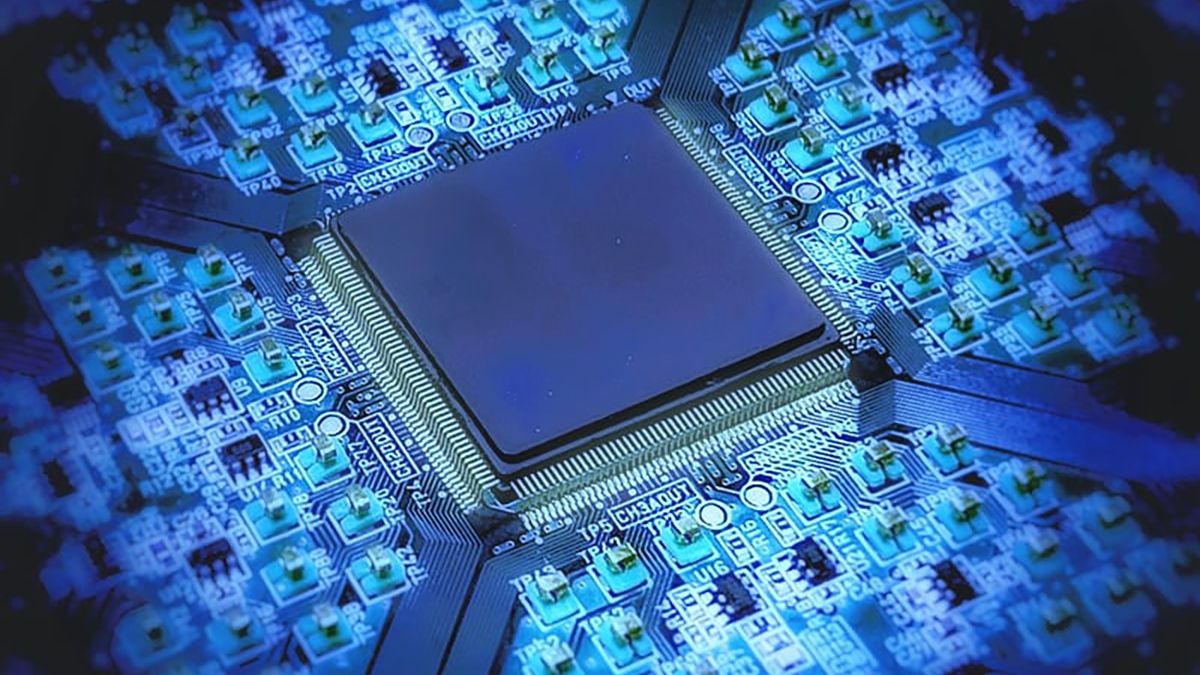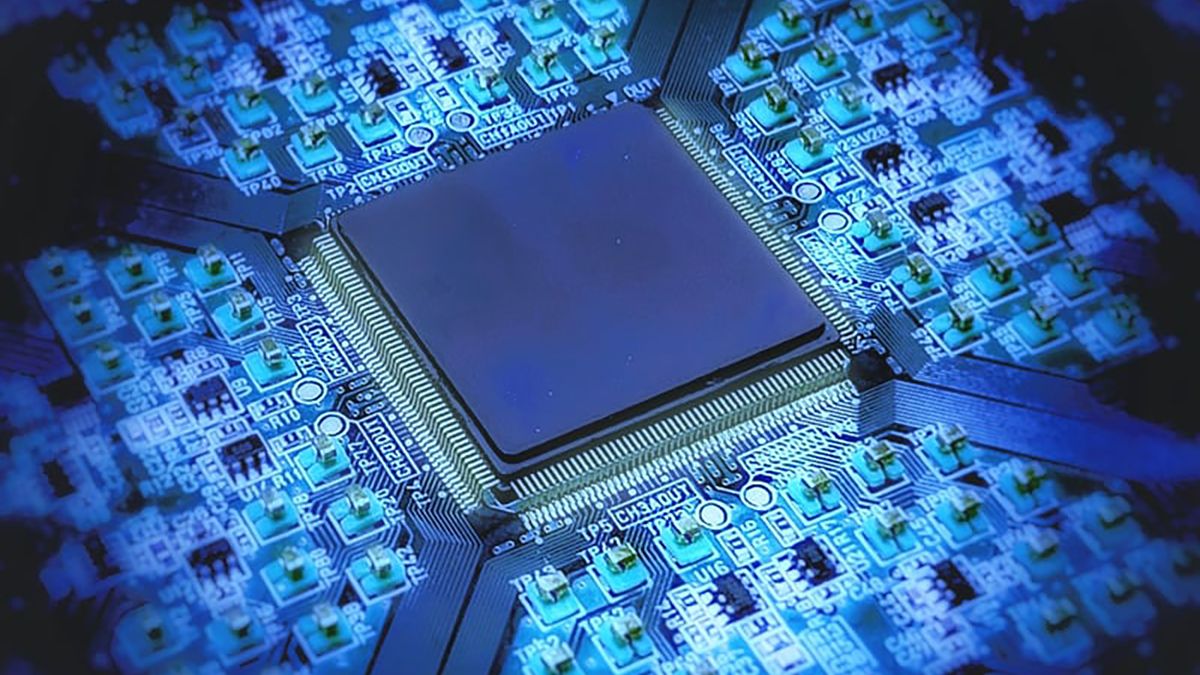

- TDK’s real-time analog chip learns on the edge for robotics and sensors
- Demo shows high-speed learning in a rock-paper-scissors challenge
- Neuromorphic approach aims to merge sensing and AI for edge computing
For most people, TDK is best known for audio cassettes – which were a staple of home recording and personal music collections throughout the 1980s and 1990s.
Although once synonymous with blank tapes and magnetic materials, the company has since evolved into a major developer of advanced electronics and sensor technologies.
Now, TDK, in collaboration with Hokkaido University, has developed a prototype analog reservoir AI chip it says is capable of real-time learning.
Rock-paper-scissors
The technology mimics the human cerebellum, and processes time-varying data at high speed and ultra-low power, making it suitable for robotics and human-machine interfaces.
By learning directly at the edge and using analog circuitry for reservoir computing, it differs from traditional deep learning models that rely on cloud processing and extensive datasets.
The silicon uses the natural physical dynamics of analog signals, such as wave propagation, to interpret, input, and produce output efficiently with minimal power.
TDK says the prototype’s ability to learn in real time will allow it to rapidly adapt to changing data streams, making it well suited for uses requiring instant feedback, such as wearable devices, autonomous systems, and IoT hardware.
The company will present the prototype at the upcoming CEATEC 2025 event in Japan, where a demonstration device will challenge visitors to a game of rock-paper-scissors using acceleration sensors to track hand movement and predict the winning gesture before the player has the chance to complete their move.
“In rock-paper-scissors, there are individual differences in finger movement, and in order to accurately determine what to do next, it is necessary to learn those individual differences in real time,” TDK explained.
“This demonstration device is attached to the hands of users, the movement of the fingers is measured with an acceleration sensor, and the simple task of deciding what to play with rock-paper-scissors is processed in real time and at high speed on the analog reservoir AI chip, allowing users to realize ‘rock-paper-scissors that can never be won.'”
The company said it hopes the prototype chip demo will “foster a broader understanding of reservoir computing” and that this will lead to accelerated commercialization of reservoir computing devices for edge AI applications.
The new design builds on earlier TDK research into neuromorphic devices that attempted to mimic the cerebrum using spintronics.
Instead of tackling heavy computational jobs, this analog reservoir AI is built for quick, low-power handling of time-series data – making it perfect for sensing and control at the edge.
TDK says it plans to extend its collaboration with Hokkaido University and apply the results to its Sensor Systems Business and TDK SensEI brand.
Via eeNews Analog
Follow TechRadar on Google News and add us as a preferred source to get our expert news, reviews, and opinion in your feeds. Make sure to click the Follow button!
And of course you can also follow TechRadar on TikTok for news, reviews, unboxings in video form, and get regular updates from us on WhatsApp too.



